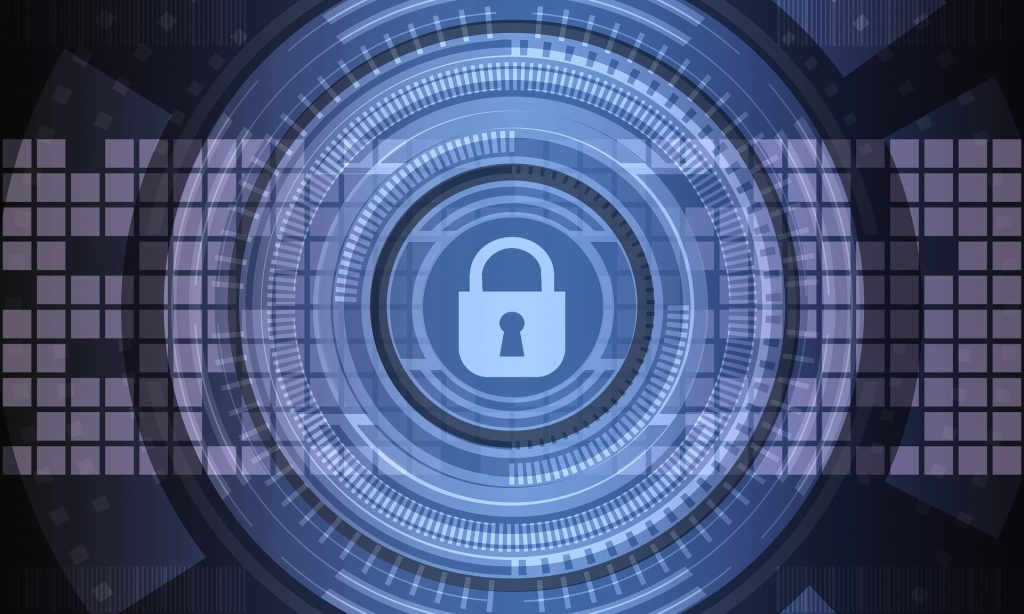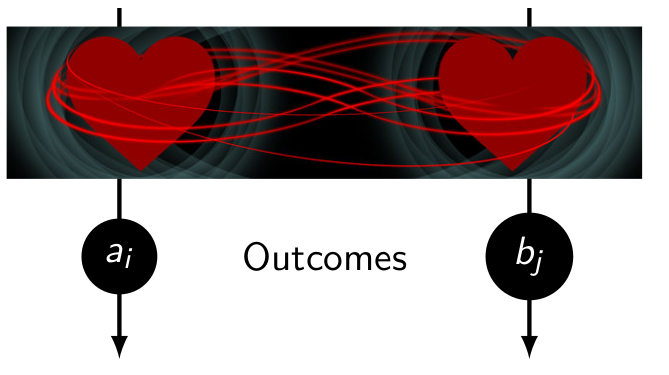Imaginary numbers are a reality

It is undeniable that natural, integer, rational and real numbers are necessary to explain what happens in our daily life, but in high school some of us also hear about some weird objects called imaginary numbers, also known as complex numbers. What do we need these numbers for?
Delegated and Distributed Quantum Computation

During the last decades, many resources have been invested in quantum computing. This research field has grown immensely and amazing results have been obtained. The plans for the future are highly ambitious, but at the same time, there are serious questions that need to be addressed.
A hobby scientist's view on quantum computing

The story goes as follows, during the last couple of decades many scientists, universities, and tech giants like IBM, Microsoft, and Google have invested largely in building this advanced machine called a quantum computer. Such a computer will be able to perform quantum computations, which rely on qubits instead of ordinary bits. The major challenge when you want to use such a qubit is that it is very unstable, and stable qubits are essential to have a proper quantum computer.
The eerie phenomenon of quantum entaglement

In this article, I will discuss the weird phenomenon called quantum entanglement, to which Albert Einstein referred as "spooky action at a distance".
The quantum Internet - A glimpse into the future

QuTech at the Delft University of Technology and TNO, in collaboration with the European Quantum Internet Alliance, are leading the efforts to establish a quantum Internet and aims at having a proof of concept version, between the cities of Amsterdam, Leiden, Delft and the Hague.
First commercial quantum computer!

IBM revealed their first quantum computer for commercial use on the 8th of January, the IBM Q System One!
Quantum synchronization in complex networks

As many phenomena in the classical world have quantum counter part, it raises the question if this is also true for synchronization. As synchronization is a collective phenomenon, it may help gaining a better understanding of how collective phenomena in the classical and quantum world are connected.
